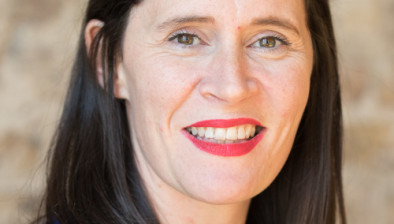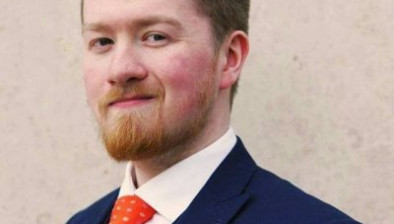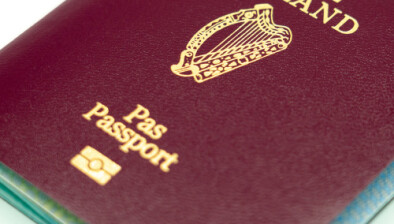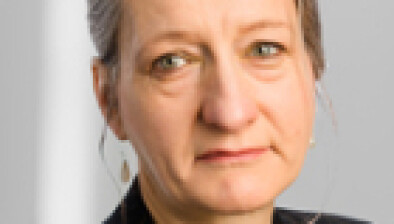Supreme Court to rule on child’s citizenship after father’s refugee status revoked

Sinéad Gibney
The Supreme Court is set to rule on the deprivation of Irish citizenship from a child whose father’s refugee status was retrospectively revoked.
The case focuses on “UM”, who was born in Ireland and asserted Irish citizenship on the basis of his Afghan father’s residency in the country, as a refugee, prior to his birth.
The child’s father was granted refugee status in 2006, but he was told by the Department of Justice in August 2013 that it would be revoked due to fraud.
UM, who was born before the revocation of his father’s refugee status, had his Irish passport application refused later on the basis that any residence derived from his father’s refugee grant could not be relied on for the purposes of UM’s assertion of citizenship.
The Supreme Court is hearing the case as it raises significant questions of the impact of retrospective application of a decision to revoke refugee status, and the impact of that decision on a child who is a citizen by birth, not having an Irish parent.
The Irish Human Rights and Equality Commission has made legal submissions to the court, arguing that any decision that retrospectively revokes refugee status of the parent has grave and enduring consequences for the child, with the effect of depriving that child of Irish citizenship.
The Commission argues that any decision that leads to a deprivation of that child’s citizenship must be subject to procedural safeguards and a proportionality assessment. Its legal submission states:
“Having regard to the very profound consequences that flow from revocation in any case, that to deem it to operate retrospectively, to the detriment of innocent family members whose status was derivative from the refugee, would require clear language from the Oireachtas. In the absence of a clear indication of intent by the Oireachtas that such revocations were intended to operate retrospectively, the section ought not to be interpreted in that way.”
Chief commissioner Sinéad Gibney said: “This case examines the powers of the State to refuse to recognise a person’s Irish citizenship many years after that person asserted their citizenship by birth, and assesses if that power must be used in a proportionate manner.
“The Commission believes that it is vital that the State gives fair consideration to the profound consequences for UM, an innocent third party, in revoking the refugee status of his father, and fair procedure dictates that this should have been clearly considered.”










